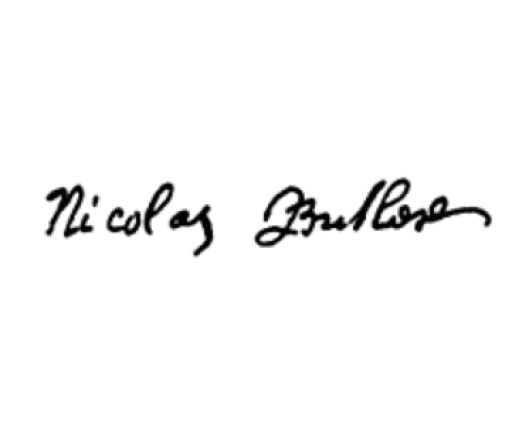From The History of Martha's Vineyard, Dukes County, Massachusetts: Town annals By Charles Edward Banks
For sixteen years prior to his settlement on the Vineyard, about 1651 or 1652, Nicholas Butler had resided at Dorchester, Mass., whither he emigrated in 1636 from England. The ship's list names Nicholas Butler with three children and five servants as coming from Eastwell, Co. Kent, in that year, of whom John, who came here probably with his father, and Lydia who married John Minot of Dorchester, May 19 1647, are two. The third child is not known, as the son Henry did not reach New England for several years after, perhaps with his mother Joyce, and therefore is not to be counted at that time.
Nicholas is first mentioned in the records under date of May 8 in the records under date of May 8 1653, when he participated in one of the divisions of land. Two years prior to that, on Oct 15 1651, he had made his "well beloved sonne John Butler" his attorney to collect and pay debts, which may be the most probably indication of the time of his leaving Dorchester and entrusting the settlement of his affairs to his son. When he came to the Vineyard, he was well into middle life. Though the date of his birth is not known, yet the knowledge existing of his children's ages enables us to proximately fix his birth about the years 1595-1600, and his age at fifty five when he took up his residence at Edgartown.
That he was a man considerably above the social average is shown by the number of his servants, the fact that his son Henry was a graduate of Harvard College (class of 1651), and this standing was at once recognixed in his new home, for he became in 1653 one of the "five men to end controversies," that is magistrate. The next year he was again chosen and in 1655 he was re-elected and called "Assitant" to the chief magistrate. In all the records he is called Mr. Butler or Mr. Nicholas Butler, a use of which prefix is distinctive. In December, 1661, he was fined for absence from town meeting and "for Going away Disorderly." Beyond the usual duty on juries and an occasional trivial litigation his name does not further appear upon town records.
His homestead lot was near Swimming Place Point, and consisted of twenty acres. Here he lived having as a next northerly neighbor his son John, from whomo descends all of the name on the Vineyard. Nicholas Butler died Aug. 13 1671, the day after his will was made. That he was an old and feeble man seems to be clearly evidenced by the curious reference to the "mark" which he used to indicate his signature, "his sight as it were Gon."
The inventory of the estate, amounting to £92-0-6, is remarkable for the paucity of articles which should belong to a gentlemen of his standing in life. It may be that he had given his household furniture, etc., to his children during his life.
Whethere his wife Joyce was the mother of all his children is placed in the doubtful catergory by the apparantly careful way in which he refers to "her children and my children," as though she had been a widow with children or that he had children by a former wife. No allusion is made in her will to children by a former husband. She survived as Nicholas Butler's widow for eight years, and died between March 13 and Oct. 28 1680, leaving an estate valued at £165-2-0 which she bequeathed to her descendants.
Note: There has been record found since this book of Nicholas Butler and Mrs. Joyce Baker coming over on the ship the Hercules together.
Also, as another side note, the value of 165 pounds and 2 shillings, the inventory of Joyce Baker's etsate, is roughly £13,771 pounds today, or 20,000 dollars in US dollars. Found from http://www.nationalarchives.gov.uk/currency/results.asp#mid
